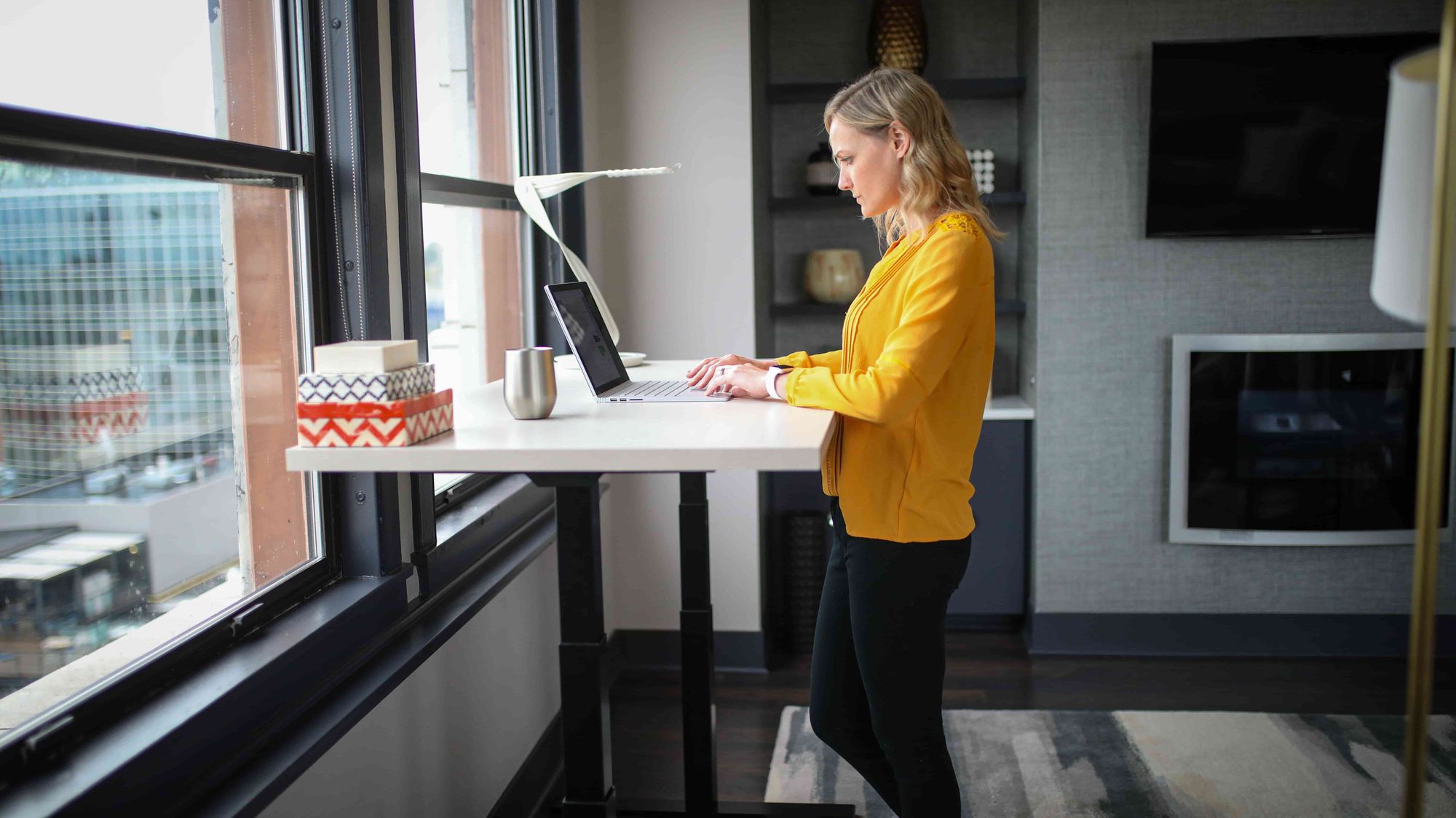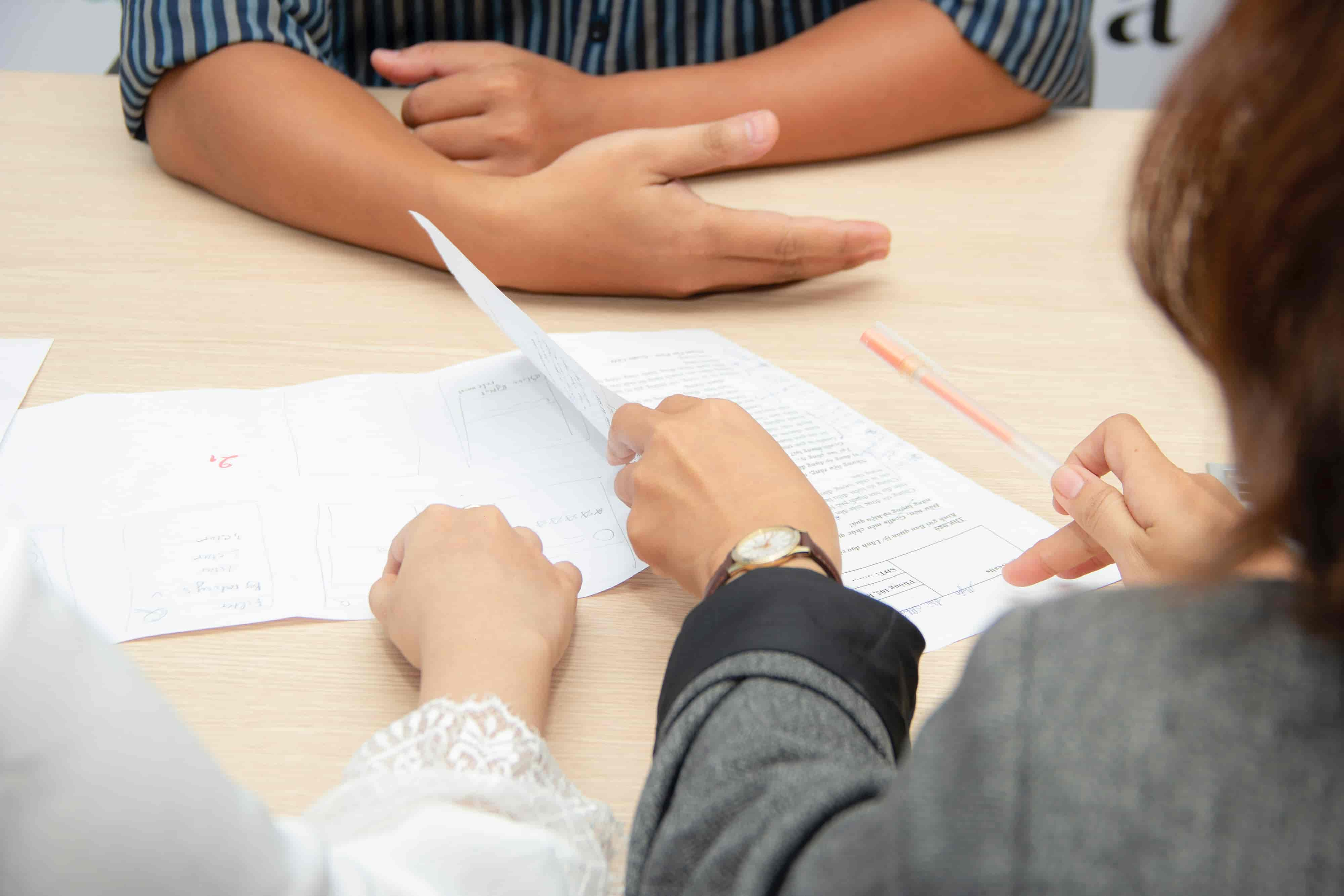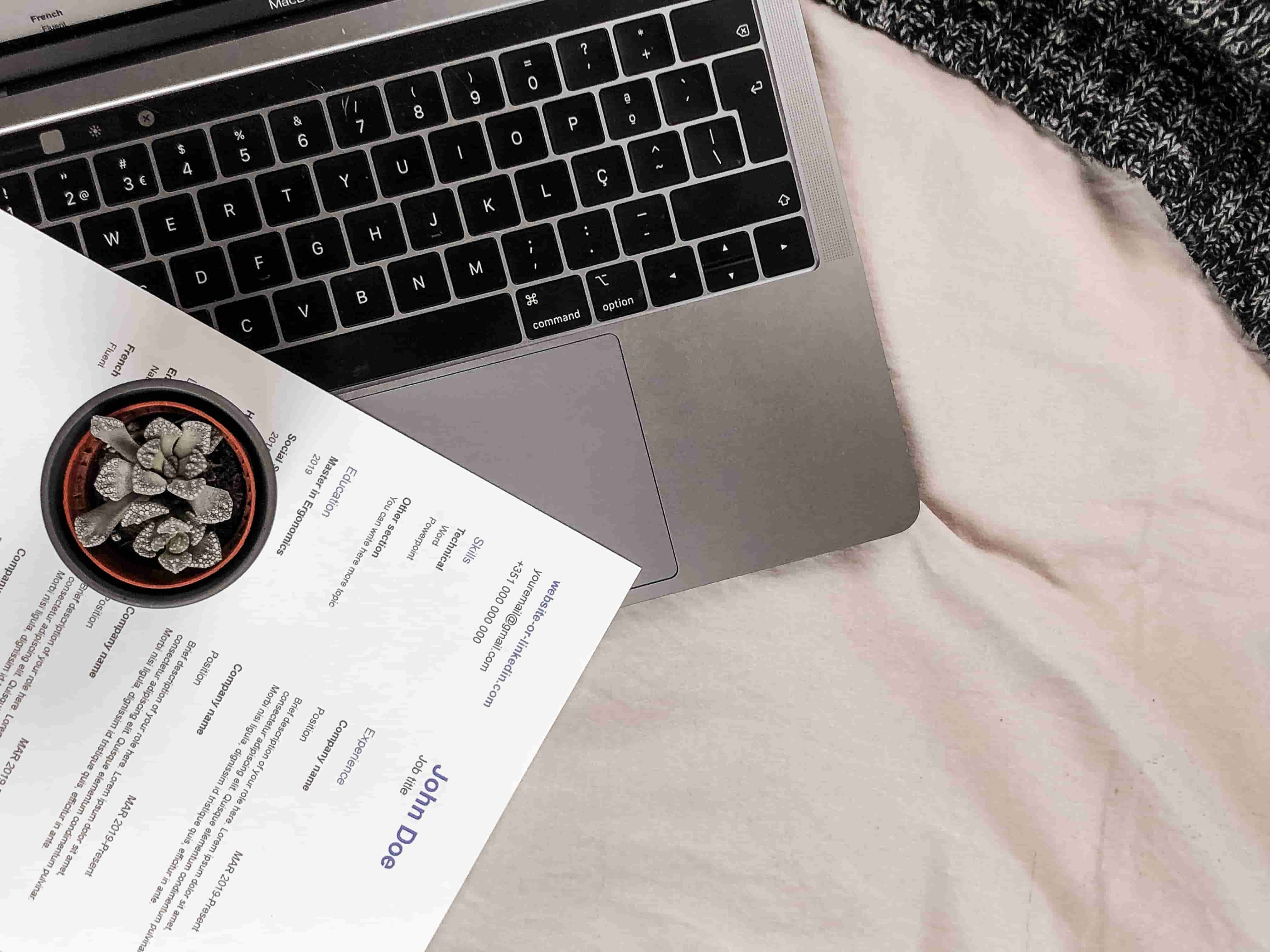Remember that a thank you email is an opportunity to leave a lasting impression and demonstrate your interest and enthusiasm for the position, so take the time to craft a thoughtful and well-written message.
Writing a followup email after a remote interview is an important part of the job search. It's not only a thoughtful and polite way to thank the interviewer, but it can also be a great way to make a good impression and keep your resume in front of the hiring manager.
Remote interviews are those that take place over Zoom, Skype, phone, or other video-conferencing software. The interviewer and interviewee are not in the same physical location at the time of their conversation.
If you are looking for legit remote work, you may have to take the interview over Skype or another video chat program. Here are some tips on how to hit all the right notes in your follow up email after a remote interview and increase your success for your remote job search.
How to Write a Thank You Email After an Interview?
1. Start with a polite greeting
When writing a follow up email after a virtual remote interview, it's a good idea to write the first line of the email using a greeting that is appropriate to the time and place of your interview.
For instance, if you are writing at a time when you know the interviewer would be at work, use a formal greeting like "Good morning Mrs. Smith." If you know that the interviewer will be working from home on a Saturday morning, use a less formal greeting like "Hi May Smith," or "Good morning, May." You should avoid generic greetings like "Hi" or "Glad to be chatting with you today."
Being generic doesn't give the interview any sense of who you are and it feels impersonal. If you want to be extra polite, sign the email "-Regards" or "Sincerely."

2. Express your gratitude
It's always a good idea to express your gratitude for the interview. When writing your thank you email, try to focus on what specifically you liked about the interview and make it clear that you would be a great addition to the team. You can do this in a way that sounds genuine and does not come off as too over-the-top.
Remember, it's just another way of showing that you are interested in making a good impression on the interviewer and making sure they know how seriously you took their interview. For example, if you were asked about the company's values or mission, try to include that information in your thank you email.
For example, "Thank you for meeting with me today. I appreciated hearing about your values and how they would be reflected by the people who work there. I believe that I can contribute a lot to the team because of my [insert your qualifications here]."
3. Mention specific aspects of the interview
After you've included some information about your qualifications and what you liked about the company, it's a good idea to mention that you really appreciated having the opportunity for an interview.
This doesn't have to be a long, drawn-out discussion. Just make it clear that you appreciate the time that was taken to speak with you and that you really appreciated the interview itself. For example, "I really appreciate the time you took to meet with me today. I feel like I have a good understanding of what it would be like to work with your team because of our conversation. Thanks again for meeting with me."
You can also mention that they answered all your questions regarding the remote job and something about the interview that made you excited for the future, such as "I felt extremely welcome during our meeting and I look forward to working with your team."

4. Reinforce your qualifications
When writing a follow-up email after a remote job interview, it makes sense to reinforce the idea that you would be a good fit for the company based on what you discussed in the interview.
You can do this by reiterating some of your key selling points as well as any information from your resume and remote job cover letter. This reinforces the idea that you have done your research about the company and have studied up on their industry and culture prior to interviewing.
For example, "I also really appreciate hearing about how you [insert part of your question/answer] and how they would be reflected by the people who work there. I think I would be a great fit at [insert the name of their company]."
The more ways you can reinforce the fact that you are a good match for the company, the better. However, make sure that you don't use this section to try and talk about all of your qualifications or "brag" about your experience or skills. You want to be careful not to come across as insincere or too boast-y.

5. Provide your contact information
This is a good time to provide your contact information (name, email, phone number). It's important to include both your professional email address and a phone number.
If a remote employer sees that you have supplied your cell phone number, it shows them that you are willing to work long hours, if necessary. It also shows them that you are willing to be accessible 24/7 if they need you right away.
6. End with a polite closing
Before signing off, it is important to end on a polite note and thank the interviewer again for their time. Being polite and appreciative of the interviewer's time shows that you would be easy to deal with in the professional world.
You can end it with something like, "Thank you again for taking time to meet with me today. I look forward to speaking with you again soon." You should avoid ending your email with a request for a remote job at this time. This would come across as being too pushy or desperate. Someone who is desperate for a job probably does not have a lot of experience, so it's wrong to sound that way.

7. Keep it concise and to the point
It's best to keep your thank you email concise and to the point. The last thing you want is for the hiring manager to think that you are rambling or that you are using an email as an opportunity to tell them "too much" information about yourself, even if it is interesting.
Only include enough information to show that you're qualified and interested in getting hired by the company. Avoid going into too much detail as you are not trying to sell yourself at this point but instead you are showing that you understand the role and how it would align with your skills and qualifications. Using a cover letter is another good idea at this stage if you have one written.
8. Send it promptly after the interview.
After your remote interview, it's a good idea to send the thank you email promptly. This can be anywhere from an hour to a few hours after the interview is over. The sooner you send your thank you email, the better.
If you send it right away, chances are that the hiring manager will read it right away and have time to review it and think about it during their commute or while they are at home. The longer you wait to send the email, the less likely it is that the hiring manager will have time to read it right away.

9. Avoid using "Please Consider Me" language.
It's a good idea to avoid using "please consider me" language in your email and don't be afraid to let your personality shine through in your thank you note. For example: "I hope you've had a chance to review my resume and I hope that I'll hear from you soon. Thank you again for meeting with me."
This is an example of "please consider me" language. Instead, try something like: "I hope you'll give my resume a close look and I look forward to hearing from you soon." This isn't as direct as the first statement but it still gives the same message without being overbearing.
10. Always use a professional email address.
It's always a good idea to use a professional email address when applying for a remote job. If you're using your personal email and you get an offer, it's going to be very easy to share that with coworkers and friends.
Make sure that this information is kept private before sharing your personal email address with any employer at the time of your remote interview.
Avoid using funny email addresses as these can make it difficult for a hiring manager to take you seriously. The hiring manager doesn't want to think of you as a clown, they want to think of you as someone who would be a good fit for their company.
Sample Thank You Email After an Remote Interview
Dear
[Interviewer's Name],
I wanted to take a moment to thank you for the opportunity to interview for the [position name] role at [company name]. I appreciate the time you took to speak with me and for providing me with more information about the position.
I enjoyed learning more about the company culture and how my skills and experience could contribute to the team. It was great to hear about the exciting projects you have in the pipeline and the potential for growth within the company.
Thank you again for considering me for this opportunity. Please let me know if there is anything else I can provide to assist in the decision-making process.
Best regards,
[Your Name]
[Contact Info]
Conclusion
If you follow these ten steps, you can make sure that your remote interview goes smoothly and that you will succeed on work from home jobs interviews. Remember to keep a positive attitude and good feedback on the company and team so that they know that you would be a good match for their company culture.
If they have any other questions or need anything else, they can email or text you directly. Avoid being pushy as you don't want to come across as desperate at this stage. Above all, have an open mind to the job and any new opportunities that come your way.
Are you searching for a remote job and need help finding where to look? We are a remote job board with the latest jobs in various categories to help you. Try these top remote companies offering 4 day work week and join like-minded people in our LinkedIn and Facebook community.

